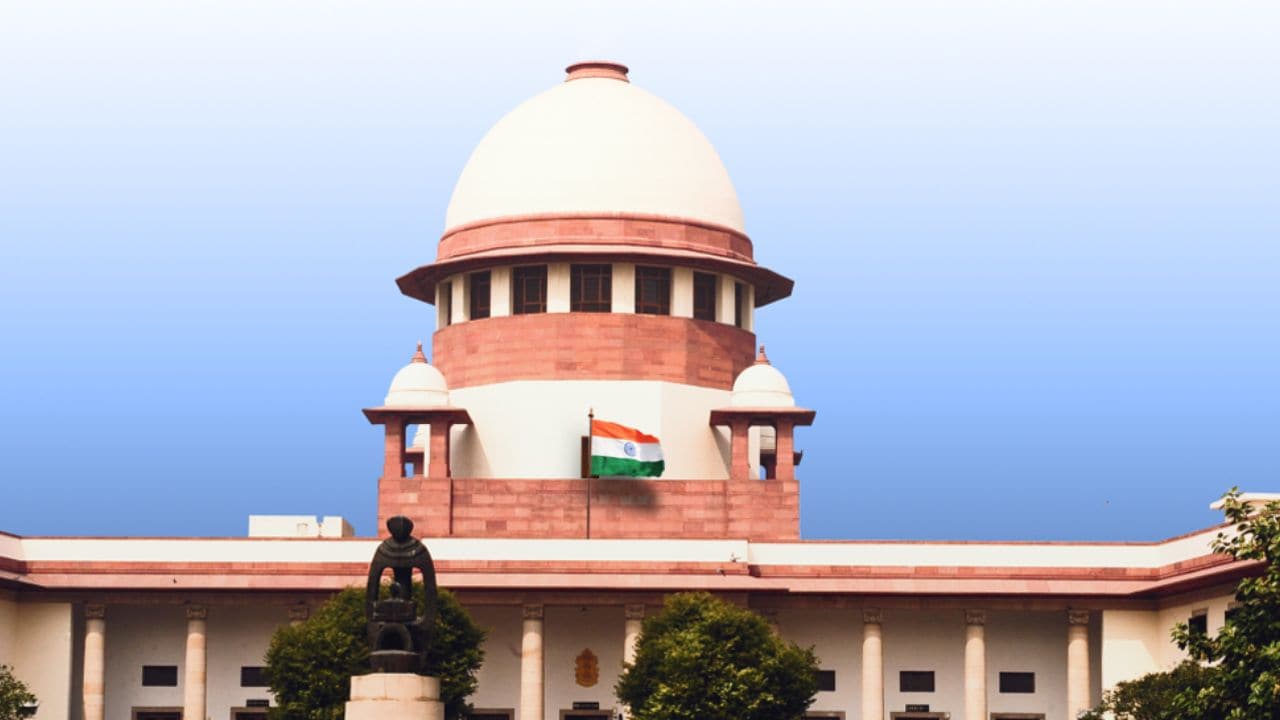In a high-stakes legal showdown that could redefine India’s online gaming landscape, the Supreme Court has scheduled May 5, 2025, as the date for the final hearing in a case involving show-cause notices issued to several online gaming firms. The case, with an estimated financial impact of ₹2.5 lakh crore, is one of the biggest tax battles in India’s history.
Gaming companies are challenging the government’s interpretation of Rule 31A of the CGST Rules, which states that GST at 28% should be levied on the face value of each bet. The industry argues that this rule applies only to gambling and betting, not to games of skill like rummy, poker, or fantasy sports.
On Tuesday, Solicitor General N. Venkatraman and senior counsels representing the gaming firms appeared before the bench comprising Justices JB Pardiwala and R. Mahadevan. While the court was initially hesitant to allow a delay, stating that the expectation was for the proceedings to begin that day, it ultimately agreed to an adjournment after persistent requests from both the Additional Solicitor General and the defense team.
The matter will now be heard on May 5, 2025, and is expected to continue throughout the week. The court made it clear that no further delays will be entertained.
The outcome of this case holds enormous implications for the real money gaming (RMG) industry. The controversial 28% GST has already dealt a severe blow to the sector. A ruling in favor of the gaming firms could reinforce the legal distinction between games of skill and gambling, potentially shaping future regulation, boosting investor confidence, and ensuring the long-term growth of the industry.
A senior legal counsel, speaking on the condition of anonymity, said, “The industry has a strong case on its merits. Numerous High Court rulings support our position, and decades of jurisprudence have consistently distinguished games of skill from gambling and betting.”
According to this counsel, the government’s stance is that Rule 31A—taxing gambling and betting at 28% on the face value of bets—should also apply to online skill-based games played for money between July 2017 and October 2023. The government argues these platforms are offering “actionable claims” akin to gambling and betting.
As the case heads into its decisive phase, all eyes are on the Supreme Court. Its verdict will not only decide the fate of India’s online gaming industry but also set a critical precedent for how digital innovation is taxed and regulated in the country.
